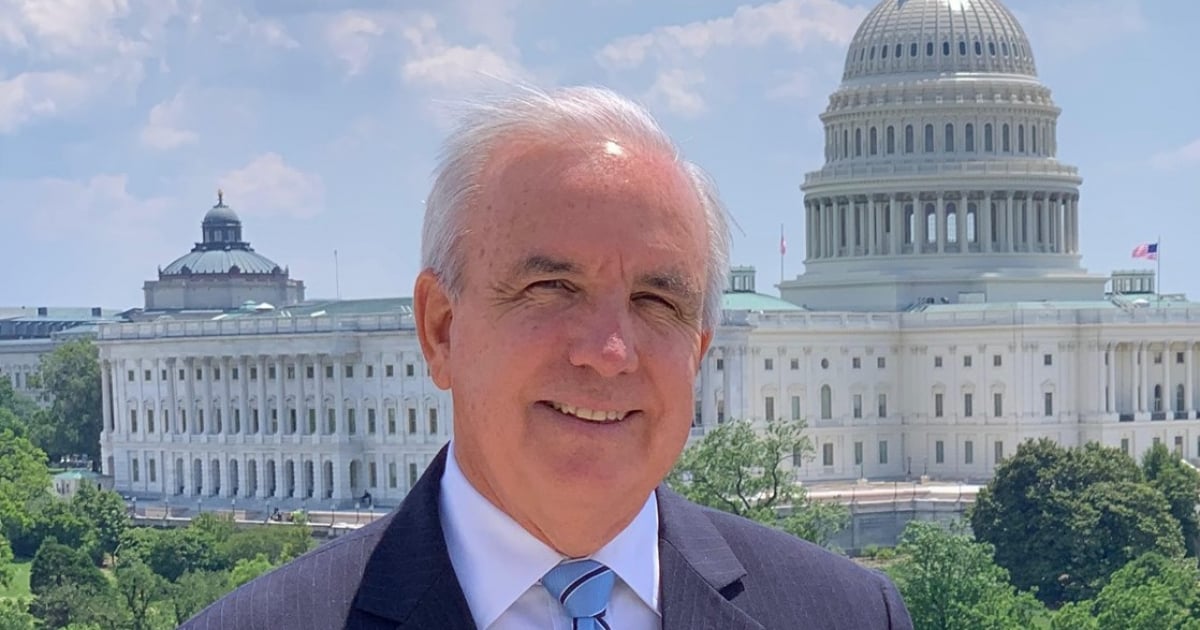Cubano-American Congressman Carlos Giménez has issued a strong warning to individuals who continue to travel to or send remittances to Cuba, a nation designated as a sponsor of international terrorism. Through a message on the social media platform X, Giménez stated, "Those traveling and sending remittances to the murderous regime in Cuba do so at their own risk. Don't complain later; you've been warned."
Giménez, a vocal critic of the Cuban regime, has introduced a legislative proposal aimed at halting both travel and remittances from the United States to the island. Although he acknowledged the initiative as a "difficult" measure, he believes it is essential to weaken the Cuban government and push for the liberation of the Cuban people.
In recent remarks to Univision, the Republican lawmaker explained that revenues from flights and remittances bolster the Castro regime, which he argues continues the oppression of the populace. "Every flight and every remittance provides more resources to the regime," he noted.
Despite the potential consequences for ordinary citizens, Giménez emphasized that the measures are crucial to dismantling the dictatorship: "We have to eliminate the dictatorship. Our target is the dictatorship, not the Cuban people," he asserted.
The proposal, formalized on April 2 through a letter addressed to U.S. Treasury Secretary Scott Bessent, argues that Cuba's presence on the list of state sponsors of terrorism poses a threat to U.S. national security. However, his initiative has sparked strong criticism within the Cuban-American community, particularly in South Florida, where sending remittances and family trips are commonplace.
Residents in Cuba and their relatives in the United States cautioned that the measure would only increase hardships for Cuban families without directly impacting the government. "The regime will never be squeezed because it has many ways to survive. They're just making things harder for our families," expressed a Cuban resident in South Florida.
The proposal could also negatively affect local businesses, such as travel agencies and companies reliant on connections with Cuba. Critics warn that extreme isolation as a strategy to weaken the Cuban regime has failed in the past, only increasing the population's suffering without achieving tangible results. Even influential figures like Mauricio Claver-Carone, the U.S. special envoy for Latin America, have expressed reservations about the effectiveness of these measures.
The initiative by Giménez rekindles a deep and contentious debate within the Cuban diaspora on how to confront the regime without making the Cuban people bear the brunt of the consequences, as they continue to live under the communist government's rule.
Impact of the Proposed Measures on Cuba
What is the main reason behind Carlos Giménez's proposal?
The main reason behind Carlos Giménez's proposal is to weaken the Cuban regime by stopping the flow of resources through travel and remittances, which he believes are used to maintain the government's oppressive control over the Cuban people.
How might the proposal affect Cuban families?
The proposal could lead to increased hardships for Cuban families by cutting off vital financial support and limiting travel, without necessarily impacting the regime's ability to sustain itself.
What concerns have been raised by critics of the proposal?
Critics argue that the proposal could harm local businesses and has historically failed as a strategy to weaken the regime, instead intensifying the suffering of the Cuban population.
